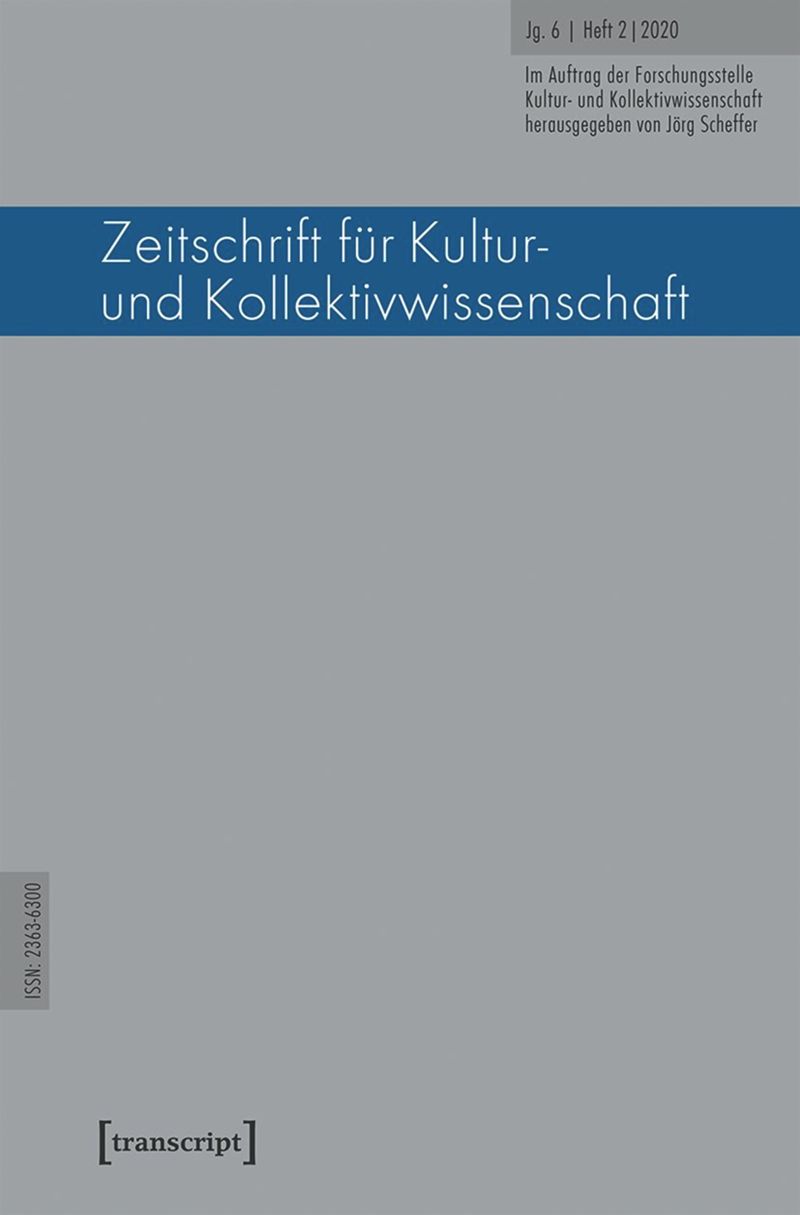Gesellschaftlicher Zusammenhalt zwischen Solidarität und Affinität
Abstract

Currently, many authors in public and academic discourse speak of an increasing „social divide“ that threatens social cohesion. There has been a broad discussion on social cohesion in social sciences ever since: Different conceptions could be ideally classified in a scheme with a more rational (Weber, Parsons) and a more emotional pole (Durkheim, Tönnies). I explore this tension by following an affective turn in conceptions of social cohesion. Therefore, I focus on the concept of solidarity as representing the rational model of cohesion and the concept of affinity standing for the affective one. The affective turn brings about a twofold shift in the understanding of the central processes of social cohesion: from collectivity to connectivity and from rationality to affectivity. Still, this shift runs the danger of throwing out the baby with the bathwater. Cohesion must neither be understood as exclusively reyling upon on either rational or affective processes. I propose to overcome this dichotomy by employing Hemming´s concept of „affective solidarity“. Rationaliy and affectivity must be understood as being mutually effective, the former modulating the latter, the latter energizing the former.
Quellen
Peters, Christian Helge. 2022. Gesellschaftlicher Zusammenhalt zwischen Solidarität und Affinität. In: Zeitschrift für Kultur- und Kollektivwissenschaft 8, Nr. 1: 75–108. doi: 10.14361/zkkw-2022-080105.
